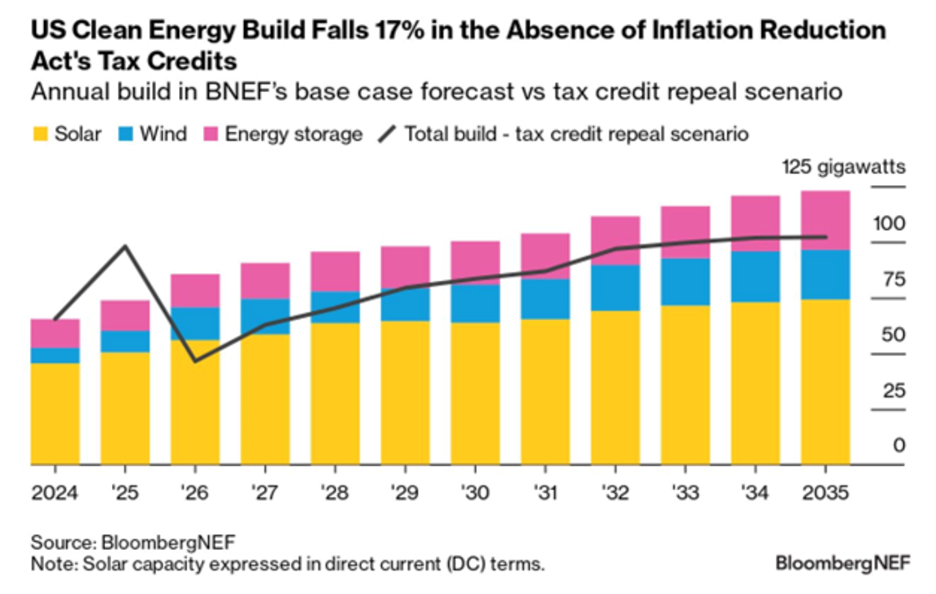Circular Economy: 5 Reasons the EU is Driving Packaging Sustainability
- 1 oct 2024
- 3 Min. de lectura

The European Union continues to lead the way in advancing sustainable business practices through robust regulatory frameworks.
On September 23, 2024, the EU introduced a landmark regulation on packaging and packaging waste, significantly raising the bar for corporate responsibility in waste management. This regulation is part of the broader EU Circular Economy Action Plan. The regulation emphasizes environmental sustainability while driving economic competitiveness and innovation within Europe. The new measures are set to reshape the packaging landscape for industries, with implications for recyclers, producers, and companies across the supply chain.
1. The EU’s Packaging and Packaging Waste Regulation
The EU's new regulation on packaging waste is the most ambitious policy of its kind globally. Unlike directives, this regulation has immediate and consistent applicability across all EU countries, ensuring the targets are uniformly met. Key measures include the mandatory collection of 90% of beverage packaging by 2029 and deposit return schemes in 15 countries. Moreover, the regulation mandates that all plastic packaging must be recyclable by 2030, which will alter how businesses approach product packaging. The recycling targets—50% by 2026 and 55% by 2030—demonstrate the EU’s commitment to addressing the environmental impacts of waste at a systemic level.
2. Corporate Winners in the Circular Economy
Implementing these regulations presents opportunities for several key players in the sustainability space. Recyclers and companies that produce sorting equipment, reverse vending machines or facilitate waste collection and reusability are set to benefit from the new policy environment. Businesses such as Ball Corporation and Indorama Ventures, which have invested in recycling, stand to gain the most. In contrast, companies focused on non-recyclable packaging or incineration may face increased financial pressure as their traditional practices are disrupted by the stringent new requirements.
3. Extended Producer Responsibility (EPR) Schemes
Extended Producer Responsibility (EPR) Schemes will be a cornerstone of the EU’s circular economy approach. EPRs require companies to bear the costs associated with the end-of-life management of the packaging they produce. Some countries, like Austria and Germany, already have EPRs that cover 100% of these costs. France and Italy, have adopted more progressive approaches. However, current challenges include underreporting and insufficient fees, which fail to drive significant changes in packaging design. As the EU continues to refine its EPR policies, companies need to adapt or face increased financial and regulatory risks.
4. Key Developments to Monitor
Several pivotal developments will shape the evolution of the circular economy in Europe in the coming years. First, the EU’s forthcoming definition of "designed for material recycling" will be critical, as it determines whether packaging is recyclable in practice and at scale. Second, negotiations to revise the Waste Framework Directive will expand EPRs to fashion brands and textile producers, while setting mandatory food waste reduction targets. Finally, the global plastic treaty, slated for discussion in November 2024, may accelerate the adoption of similar regulations beyond Europe, pushing the global sustainability agenda forward.
5. The EU Circular Economy Action Plan: A Long-Term Vision
First launched in 2015 and expanded in 2020, the EU Circular Economy Action Plan aligns closely with the objectives of the EU Green Deal. The action plan aims to prevent resource scarcity, reduce environmental impacts, and bolster Europe’s economic competitiveness by promoting sustainable business practices. Key legislative actions include the Waste Framework Directive and the Single-Use Plastics Directive, both of which have set precedents for future regulations. The latest packaging regulation reinforces the EU’s vision for a sustainable future, where economic growth is decoupled from environmental degradation.
Conclusion
The EU’s regulatory framework is reshaping how companies approach sustainability, waste management, and packaging. By enforcing stringent recycling targets and incentivizing circular business models, the EU is driving innovation and competitiveness in the European market. Companies that proactively embrace these changes will be well-positioned to lead in the transition to a circular economy, while those that lag may find themselves at a competitive disadvantage. As the regulatory landscape evolves, businesses must remain adaptable and committed to integrating sustainability into their core strategies.





Comentarios